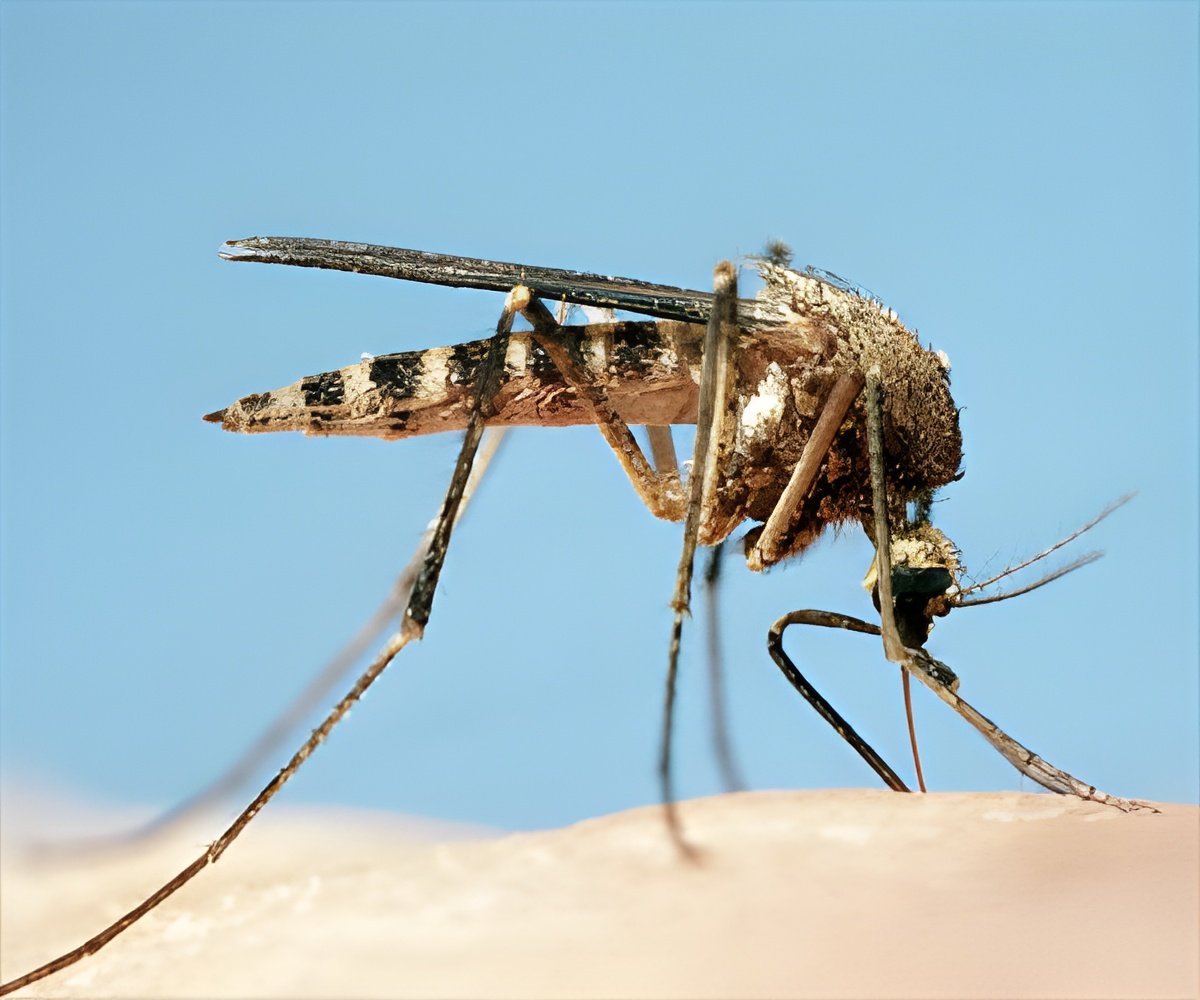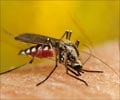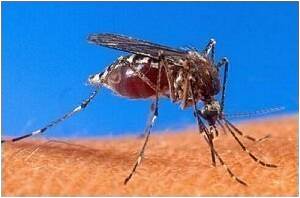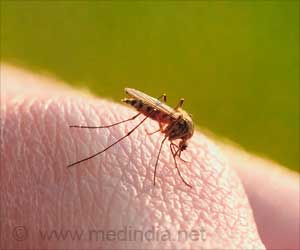
Dengue fever is a public health threat throughout the tropics and now emerging as a threat in Florida and along the Texas border. It is a viral disease transmitted to people primarily by the Aedes aegypti mosquito, a mosquito that reproduces in containers with standing water in and around people's homes.
"The findings from this study will help public health officials develop mosquito control campaigns that target high-risk households and mosquito habitats in each season," Stewart Ibarra said.
The team conducted this study from 2010 to 2011 in the city of Machala, located in southern coastal Ecuador, an area where dengue is prevalent. They monitored mosquito populations and conducted household surveys to identify dengue risk factors, such as water storage practices, access to piped water and knowledge and perceptions of dengue.
They also looked at local climate factors, since previous studies by Stewart Ibarra and colleagues had demonstrated that climate and sea surface temperature (El Nino-Southern Oscillation) influence dengue transmission in this region.
The study is published in journal PLOS ONE.
Advertisement












